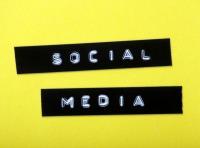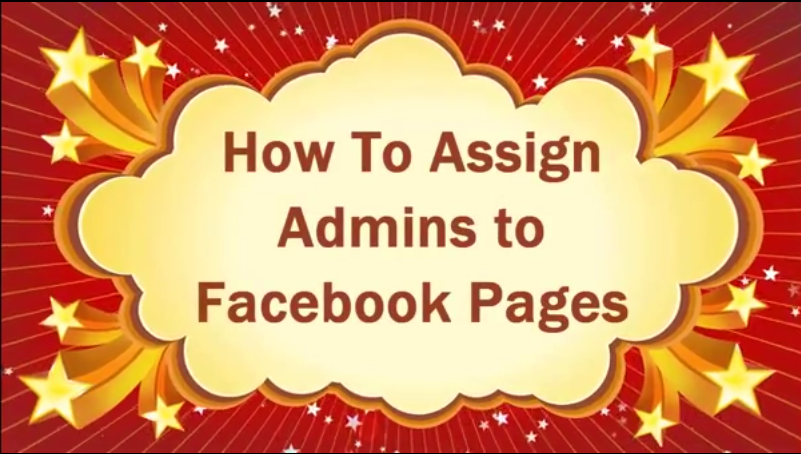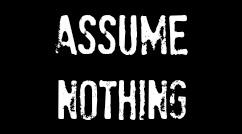BlogThursday, July 03 2014
Three years ago, a company called Aereo began offering subscribers a cloud-based television antenna that accessed live, over the air broadcast television. Membership included a remote cloud-based DVR to set and watch recordings. According to the company’s website, the basic monthly membership was available to consumers in select areas for $8 a month. This is all in the past because Aereo has been effectively shut down. On June 25th, in the case of American Broadcasting Companies v. Aereo, the U.S. Supreme Court ruled 6-3 against Aereo, finding that the service provided by Aereo violated copyright laws. Click here to read Aereo’s response to the ruling. Justices Scalia, Thomas and Alito dissented. Scalia wrote: “The Court should be in no position to make judgments on recently new technologies, and it is instead Congress’s job to determine if the copyright laws should be modified to address these issues.” Aereo is encouraging consumers to “Contact legislators through Twitter, Facebook and Email and protect your right to use a cloud-based antenna.” Sunday, June 15 2014
In December 2013, Facebook released Premium Video Ads, “designed for advertisers who want to reach a large audience with high-quality sight, sound and motion. Each 15-second video ad will start playing without sound as it appears on screen and stop if people scroll past.” Nice...but not affordable for small businesses. Facebook video ads no longer require a Fortune 500 budget. With expanded video capabilities, small businesses can use Facebook’s standard video ads to “encourage people to engage more deeply with their brand and products is by adding a call-to-action inviting people to learn more and visit a destination of their choice, like a specific page on a website, after viewing the video.” According to an article on Adweek.com, internet video ads have higher impact than TV ads. Click here to read more. Thursday, June 12 2014
In 2006, CBS placed laser imprints of its logo and logos for some of its shows on 35 million eggs with slogans like “Crack the case on CBS” (for the show CSI) and “Scramble to win on CBS” (The Amazing Race). New Zealand clothing store Suprette put indented plates on bus stop, mall, and park benches, so that when people sat down, the company’s advertising message “short shorts on sale” was imprinted on their thighs. A Salt Lake City woman sold ad space on her forehead for $10,000. Karolyne Smith now has a permanent GoldenPalace.com tattoo across her forehead. While unusual and creative ads placements can attract attention, online marketing campaigns are more targeted and, when properly managed, capable of tracking conversions and ROI. PPC Remarketing Ads are especially powerful for helping small businesses turn leads into conversions. Thursday, June 05 2014
Until recently, most magazine publishers refused to place ads on a magazine’s cover. According to Adage.com, “The industry’s major players have until now almost entirely resisted pressure to sell cover ads... the real estate is thought of as the editor’s first and best statement to readers, one that should be presented without interference from an ad. The influential American Society of Magazine Editors also advises its members to avoid the practice.” This month, Time and Sports Illustrated ran Verizon Wireless ads on the cover—not a cover wrap or a sticker, but an actual ad. Most readers probably missed it because it’s very tiny. Adage.com also reports that Time Inc., has pitched media buyers on ads that would run across the bottom of its magazines’ covers and is also shopping around a “native placement” ad for the table of contents. (The table of contents is usually considered off-limits to ads.) Considering the rapid decline of print media advertising revenue, it’s pretty amazing that any part of a magazine is still off limits to advertisers. Especially when... Wednesday, June 04 2014
I get asked this question alot... "How do I add admins to my Facebook Business Page?" - so, it just made sense to go ahead and produce a video that quickly and easily shows you, step by step, how to do it. Tuesday, May 20 2014
According to a recent study by Bunnyfoot (a usability and user experience design firm), an estimated one-third of people who use Google Search don’t recognize the difference between a paid ad and an organic result. In other words, a significant number of people think the item at the top of the page is there because it’s the best match for their search query. After hundreds of tests over the past decade, the team at Bunnyfoot concluded that, “... it is very difficult to predict what customers’ knowledge or understanding is. When you do the tests, you are often humbled and surprised with how far off your assumptions are.” This is a good reminder that it’s unwise to assume you know what your customers are thinking. Sunday, May 18 2014
Online marketing is a great and necessary investment, but so is your website. According to a study by Missouri University of Science and Technology, it takes users less than two-tenths of a second to form a first impression of a website. With so little time to make a good first impression, it’s important that your website:
Make sure your website is a place where people want to spend time. And remember, the majority of first-time visitors to a website leave without completing a conversion. Click here to find out how PPC retargeting can bring people back to your website. Thursday, May 15 2014
Google, Facebook, Twitter and AOL have joined together to launch TrustInAds.org, with the mission to keep the user experience positive for everyone on the web and keep ads safe. From the TrustInAds website: ...There are scammers that try to “game the system” to find ways to exploit consumers by getting harmful and deceptive ads published on reputable websites. In many cases, these ads - on the surface - appear normal and harmless, but may surreptitiously redirect a person to webpages that can install malware to a computer or mobile devices, direct them to scam or phishing websites, or try to sell them counterfeit goods. Any effort to thwart the bad actors on the internet helps the upstanding businesses that depend on leads from their PPC advertising campaigns. Click here for more information about TrustInAds.org. Friday, April 18 2014
In a 1995 Newsweek article, author and astronomer Clifford Stoll wrote: We’re promised instant catalog shopping—just point and click for great deals...Stores will become obsolete. So how come my local mall does more business in an afternoon than the entire Internet handles in a month? Even if there were a trustworthy way to send money over the Internet—which there isn’t—the network is missing a most essential ingredient of capitalism: salespeople. In the same 1995 Newsweek article, Stoll wrote, “The truth is, no online database will replace your daily newspaper.” Countless newspapers have since gone out of business and at the end of 2012, Newsweek went completely digital. Thursday, April 10 2014
Every March, millions of people fill out a NCAA tournament bracket (or two, or three...), join the office pool, watch the games and track who’s in and who’s out. Workplace productivity takes a big hit during the three weeks of March Madness. |
|
|










